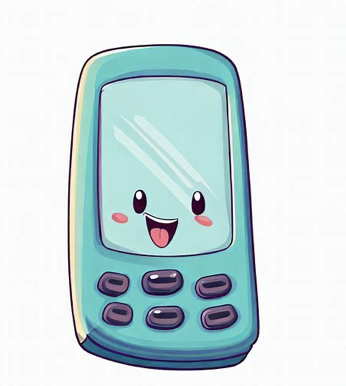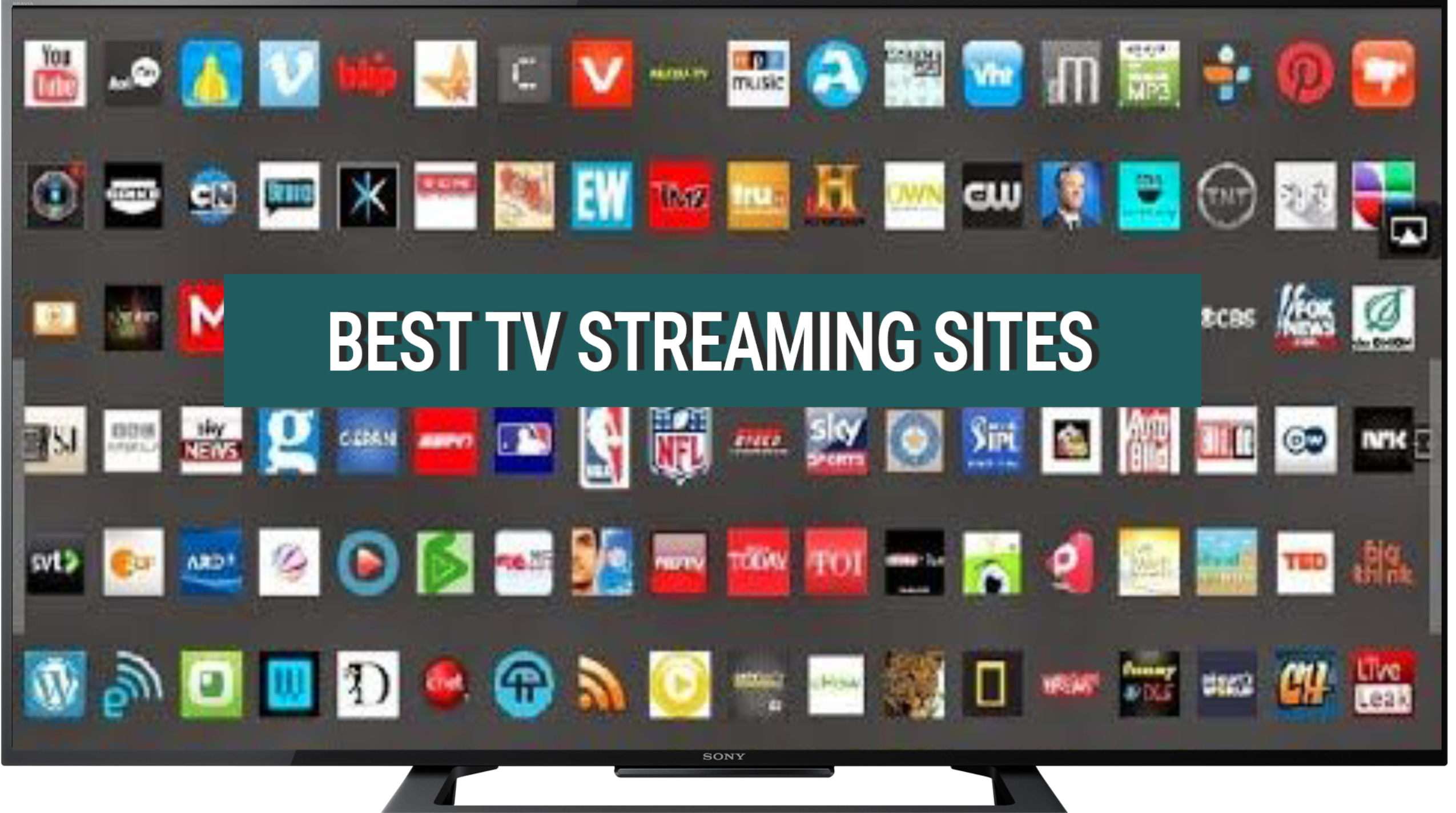With the increasing reliance on smartphones in our daily lives, it is essential to understand how our devices function and how to optimize their performance.
One common question that arises among iPhone users is whether the device stops charging automatically when it reaches full battery capacity.
Does iPhone Stop Charging When Fully Charged?
Yes, iPhones are designed to stop charging when the battery reaches 100% to prevent overcharging and prolong battery life.
Table of Contents
Understanding iPhone Charging Process
Before we address the main question, let’s first understand how the iPhone charging process works.
iPhones are equipped with lithium-ion batteries, which are known for their high energy density and long-lasting performance.
When you connect your iPhone to a power source, whether it’s a wall adapter or a computer, the charging process begins.
During the charging process, an electric current flows from the power source to the battery, causing a chemical reaction within the battery cells.
This reaction stores energy in the battery, allowing it to power your iPhone when disconnected from the power source.
The charging process continues until the battery reaches its maximum capacity.
Does iPhone Stop Charging When Fully Charged?
The answer to the main question is yes, iPhones do stop charging when they reach full battery capacity.
Apple has implemented a sophisticated charging system that ensures the safety and longevity of the device’s battery.
Once the battery reaches 100% charge, the charging process is automatically halted to prevent overcharging.
Overcharging a lithium-ion battery can lead to various issues, including reduced battery life, increased heat generation, and even potential safety hazards.
Therefore, Apple has incorporated intelligent charging algorithms into their devices to prevent overcharging and protect the battery’s health.
How Does iPhone Prevent Overcharging?
To prevent overcharging, iPhones utilize a combination of hardware and software mechanisms.
These mechanisms work together to monitor the battery’s charge level and adjust the charging process accordingly.
Here are some of the key methods employed by iPhones to prevent overcharging:
- Trickle Charging: When the battery reaches around 80% charge, the iPhone switches to a trickle charging mode. In this mode, the charging current is reduced to a minimal level, allowing the battery to charge slowly and safely until it reaches full capacity.
- Charge Monitoring: iPhones continuously monitor the battery’s charge level during the charging process. Once the battery reaches 100% charge, the device stops charging and enters a standby mode to maintain the battery’s health.
- Optimized Charging: iOS, the operating system running on iPhones, utilizes machine learning algorithms to analyze your daily charging patterns. Based on this analysis, iOS learns when you typically charge your device and ensures that it reaches 100% charge just before you need it. This helps minimize the time your iPhone spends at full charge, further protecting the battery’s longevity.
Common Misconceptions about iPhone Charging
There are several misconceptions surrounding iPhone charging that are worth addressing.
By debunking these myths, we can gain a better understanding of how to optimize our iPhone’s battery performance:
- Leaving your iPhone plugged in overnight damages the battery: This is a common belief, but it is not entirely accurate. As mentioned earlier, iPhones automatically stop charging when they reach full capacity. Therefore, leaving your iPhone plugged in overnight does not cause any harm to the battery.
- Charging your iPhone frequently reduces battery life: Lithium-ion batteries have a limited number of charge cycles, which refers to the number of times a battery can be charged from 0% to 100%.However, modern iPhones are designed to handle frequent charging without significant impact on battery life. It is more important to avoid deep discharges (below 20%) and extreme temperature conditions, as these factors can degrade the battery’s performance over time.
- Using third-party chargers damages the battery: While it is recommended to use Apple-certified chargers for optimal performance, using third-party chargers that meet safety standards should not cause any harm to your iPhone’s battery. However, it is important to ensure that the charger you use is of good quality and reputable brand.
FAQs – Does iPhone Stop Charging When Fully Charged?
1. Does charging my iPhone overnight damage the battery?
No, leaving your iPhone plugged in overnight does not damage the battery. iPhones automatically stop charging when they reach full capacity.
2. Can I overcharge my iPhone by leaving it plugged in for too long?
No, iPhones are designed to prevent overcharging. Once the battery reaches 100% charge, the charging process is automatically halted.
3. Should I unplug my iPhone as soon as it reaches 100% charge?
It is not necessary to unplug your iPhone as soon as it reaches 100% charge.
The device will automatically stop charging and enter a standby mode to maintain the battery’s health.
4. Does using my iPhone while it’s charging affect the battery’s performance?
Using your iPhone while it’s charging does not significantly affect the battery’s performance.
However, it may cause the device to charge more slowly due to the power consumption of running apps and processes.
5. Is it better to charge my iPhone in short bursts or let it drain completely?
Lithium-ion batteries used in iPhones do not require complete discharge before charging.
In fact, it is recommended to avoid deep discharges (below 20%) as they can degrade the battery’s performance over time.
Charging your iPhone in short bursts is perfectly fine.
6. Can I use any charger to charge my iPhone?
While it is recommended to use Apple-certified chargers for optimal performance, using third-party chargers that meet safety standards should not cause any harm to your iPhone’s battery.
7. Does fast charging affect the battery’s lifespan?
Fast charging technologies, such as Apple’s Fast Charge, are designed to deliver a higher charging current to your iPhone, allowing it to charge more quickly.
While fast charging may generate slightly more heat, it does not significantly impact the battery’s lifespan when used within normal operating conditions.
8. Can I charge my iPhone wirelessly without damaging the battery?
Wireless charging is a safe and convenient method of charging your iPhone. It does not cause any harm to the battery when used with compatible wireless chargers.
9. How often should I charge my iPhone?
There is no specific rule for how often you should charge your iPhone. You can charge it whenever it is convenient for you.
Modern iPhones are designed to handle frequent charging without significant impact on battery life.
10. Should I let my iPhone battery drain completely before charging?
No, it is not necessary to let your iPhone battery drain completely before charging. Lithium-ion batteries used in iPhones do not require complete discharge before charging.
11. Can I use my iPhone while it’s charging?
Yes, you can use your iPhone while it’s charging.
However, it may cause the device to charge more slowly due to the power consumption of running apps and processes.
12. Does using low-power mode while charging affect the charging speed?
Enabling low-power mode on your iPhone while charging can help reduce power consumption and extend battery life.
However, it may slightly affect the charging speed as certain background processes are limited to conserve power.
13. How can I optimize my iPhone’s battery performance?
To optimize your iPhone’s battery performance, you can follow these tips:
- Keep your iPhone software up to date.
- Avoid exposing your iPhone to extreme temperatures.
- Avoid deep discharges (below 20%) and frequent full charges.
- Enable optimized battery charging in the Battery settings.
- Minimize background app refresh and location services.
14. Can I charge my iPhone with a USB port on my computer?
Yes, you can charge your iPhone using a USB port on your computer. However, the charging speed may be slower compared to using a wall adapter.
15. How long does it take to fully charge an iPhone?
The time it takes to fully charge an iPhone depends on various factors, including the iPhone model, charger wattage, and battery capacity.
On average, it takes around 2 to 3 hours to fully charge an iPhone using a standard wall adapter.
Summary
iPhones do stop charging when they reach full battery capacity.
Apple has implemented intelligent charging algorithms to prevent overcharging and protect the battery’s health.
Leaving your iPhone plugged in overnight or using it while charging does not cause any harm to the battery.
It is more important to avoid deep discharges and extreme temperature conditions to optimize your iPhone’s battery performance.
By following these guidelines and understanding how your iPhone charges, you can ensure the longevity and optimal performance of your device’s battery.


